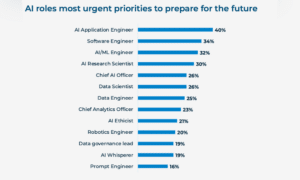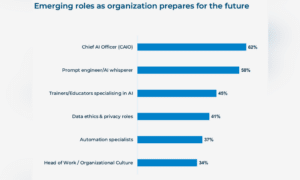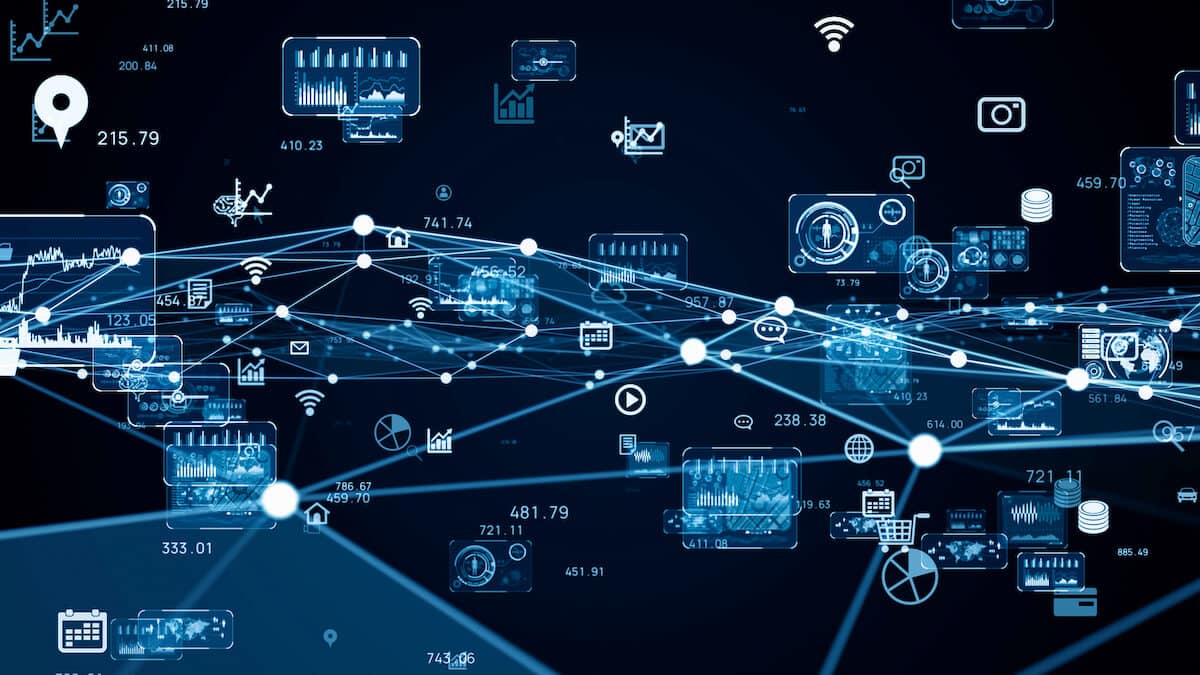The ongoing revolution of AI in workplaces is poised to render millions of jobs at risk of obsolescence, while simultaneously paving the way for the creation of new roles within organisations.
According to a recent study by Alteryx, the advent of these new roles is already underway, with companies actively recruiting for AI-related positions.
In Australia, these roles encompass AI Application Engineers (47%), AI or Machine Learning Engineers (32%), and AI Research Scientists (33%). Globally, AI Application Engineers and AI/ML Engineers rank as the most sought-after AI positions by employers.

In Australia specifically, there is a growing recognition of the need for a Chief AI Officer (CAIO), with 67% of organisations expressing interest in this role. Alteryx emphasises that the CAIO will play a crucial role in developing a comprehensive AI strategy that aligns with IT, HR, and People teams.
Despite being at the bottom of employers’ immediate priorities worldwide (16%), Prompt Engineers are seen as a crucial emerging role by 58% of respondents for the future of work.

Libby Duane-Adams, Chief Advocacy Officer at Alteryx, stresses that the ascent of AI necessitates proactive efforts from business leaders to shape a workforce capable of thriving in this new landscape. She emphasises the importance of fostering cultures of creative problem-solving and promoting data literacy across all levels of an organisation.
Furthermore, the rise of AI is expected to automate various functions, leading to the evolution of existing roles. Alteryx predicts that certain technical skill sets, such as database administration and repetitive coding, may become obsolete in Australia as AI integration becomes more widespread.
Conversely, the rise of AI shines a spotlight on the unique contributions humans can bring to the workplace. Creativity tops the list of skills that humans are expected to provide in an AI-driven world, followed by critical thinking, emotional intelligence, and moral judgment.
The report, based on a survey of 2,800 IT decision-makers, data analysts, and business leaders across multiple continents, underscores the global impact and implications of AI on the future of work.





